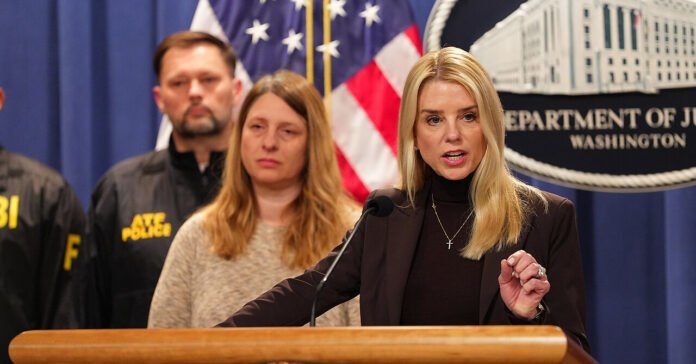The International Swatting Plot that alarmed U.S. law enforcement and officials has reached a significant turning point. On Monday, 26-year-old Romanian citizen Thomasz Szabo pleaded guilty in a Washington, D.C. federal court. He admitted to participating in a dangerous conspiracy involving fake police emergencies and bomb threats.
Later, The Department of Justice revealed that Szabo and his alleged co-conspirator, 21-year-old Nemanja Radovanovic of Serbia, orchestrated fake emergency calls. Their goal was to frighten and disrupt nearly 100 individuals, including members of Congress and a former U.S. president. They used “swatting” tactics to provoke aggressive police responses at victims’ homes.
Szabo, who was extradited from Romania in November 2024, now awaits sentencing in October. He pleaded guilty to conspiracy and making bomb threats. The International Swatting Plot shocked authorities due to the volume and intensity of the threats.
However, investigators said the men tried to appear politically neutral. Szabo reportedly encouraged targeting officials from both major U.S. political parties. Radovanovic allegedly called in a hoax involving a murder and a bomb at the home of a “former elected official” on January 9, 2024.
Although the indictment doesn’t name specific victims, the scale of the threats drew attention nationwide. Attorney General Pam Bondi condemned the acts as deliberate and dangerous attacks on U.S. security. She described the plot as a serious threat coordinated from abroad.
Ten federal agencies, including the U.S. Secret Service, worked on the case. Their investigation helped identify the duo behind the threats. Szabo’s cooperation may help investigators further understand the structure of the network.
Consequently, Radovanovic remains in Serbia. His charges are pending, and he has not yet appeared in any U.S. court. Court records show no confirmed extradition timeline.
The International Swatting Plot represents a growing cyber threat. Lawmakers and law enforcement alike are urging stronger protections. This case serves as a high-profile warning about the dangers of international cyber harassment.
For more political updates, visit DC Brief.


